Premium Only Content
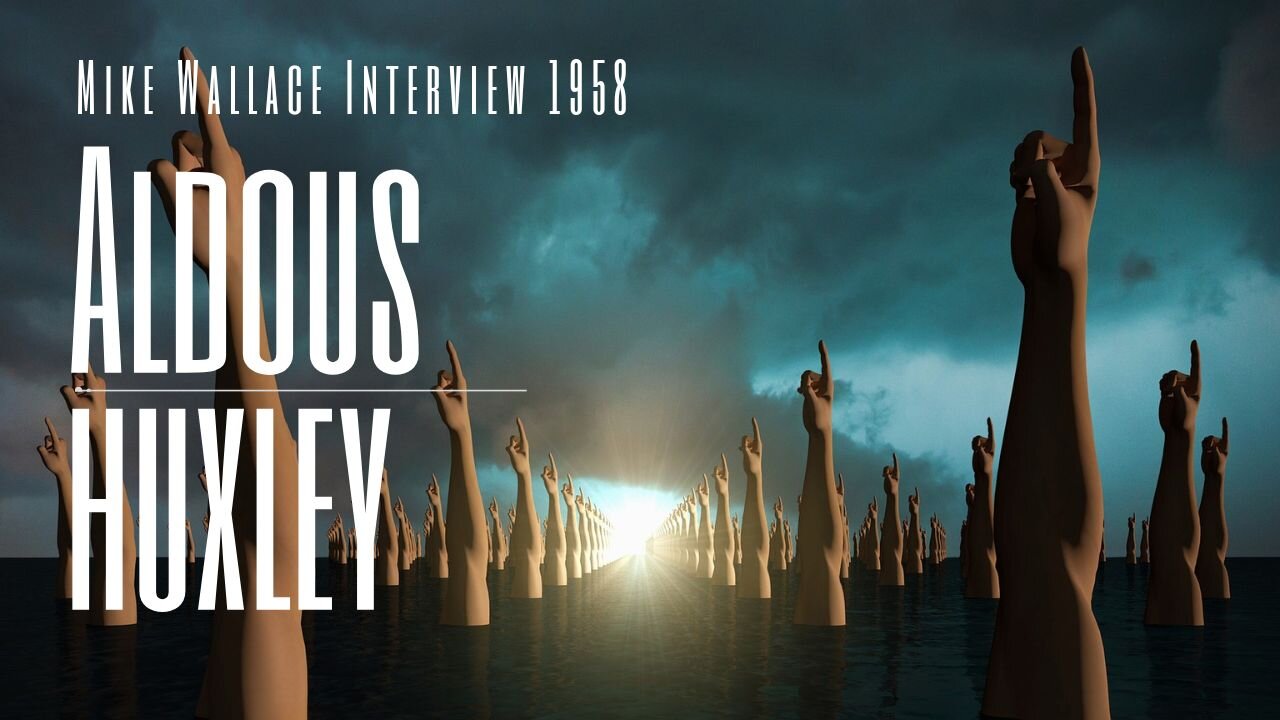
The Prison State of The Future. Complete Your Sentence in Just a Matter of Minutes!
Homeland Security Scenario 'DARK WINTER' Authorized As A Tom Clancy Video Game (but look deeper)..
ADRENOCHROME: [a forbidden psychedelic experience possessing the promise of immortality]
An American Fascism. Operated By Shadowy Globalists. They Control Everything.
Operation Clade-X - Dangerous Germ Game
+100 Food Processing Plants & Grocery Stores Destroyed - (interactive map)
Why bother recognizing dystopia? Quick tips...
How to grow 30k babies a year in an artificial womb facility
7 Years Ago, Scientists Reactivated An Extinct Virus And Gave It Life
Aldous Huxley (Brave New World) interview by Mike Wallace (1958)
Animal Farm by George Orwell [1954]
Aldous Huxley (Brave New World) interview by Mike Wallace (1958)
Aldous Leonard Huxley (26 July 1894 – 22 November 1963) was an English writer and philosopher. He wrote nearly 50 books, both novels and non-fiction works, as well as wide-ranging essays, narratives, and poems.
----------
Born into the prominent Huxley family, he graduated from Balliol College, Oxford, with an undergraduate degree in English literature. Early in his career, he published short stories and poetry and edited the literary magazine Oxford Poetry, before going on to publish travel writing, satire, and screenplays. He spent the latter part of his life in the United States, living in Los Angeles from 1937 until his death. By the end of his life, Huxley was widely acknowledged as one of the foremost intellectuals of his time. He was nominated for the Nobel Prize in Literature nine times, and was elected Companion of Literature by the Royal Society of Literature in 1962.
----------
Huxley was a pacifist. He grew interested in philosophical mysticism, as well as universalism, addressing these subjects with works such as The Perennial Philosophy (1945), which illustrates commonalities between Western and Eastern mysticism, and The Doors of Perception (1954), which interprets his own psychedelic experience with mescaline. In his most famous novel Brave New World (1932) and his final novel Island (1962), he presented his vision of dystopia and utopia, respectively.
-
![The Man In The Red Cap Ushers In The Purification | Hopi Prophecy [Timestamp 16:35]](https://1a-1791.com/video/s8/1/E/k/O/v/EkOvv.0kob-small-The-Man-In-The-Red-Cap-Ushe.jpg) 26:46
26:46
The Aquarius Bus
2 months agoThe Man In The Red Cap Ushers In The Purification | Hopi Prophecy [Timestamp 16:35]
1.44K5 -
 2:38:54
2:38:54
TimcastIRL
8 hours agoElon Secret Child Scandal ERUPTS, Ashley St. Clair Story Goes Viral w/Bethany Mandel | Timcast IRL
141K96 -
 2:04:52
2:04:52
Kim Iversen
10 hours agoElon's Pumping Out Babies Like They're Tesla Model 3's | EU Panics Over Peace Talks, Wants More War
129K124 -
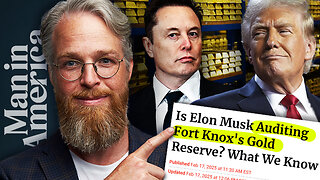 1:05:35
1:05:35
Man in America
13 hours agoFort Knox & Trump’s Secret Gold Move—The Financial Reset NO ONE Is Ready For?
78.4K42 -
 2:21:20
2:21:20
Robert Gouveia
10 hours agoTrump Goes to SCOTUS! Judge CAVES on DOGE? Fani Willis Not Happy!
101K30 -
 20:41
20:41
Stephen Gardner
10 hours ago🔥You Won't BELIEVE What JUST Happened To Don Trump Jr.!!
105K147 -
 58:00
58:00
The StoneZONE with Roger Stone
8 hours agoEuropean Leaders Resist Trump Peace Overtures To Their Own Demise | The StoneZONE w/ Roger Stone
73.3K12 -
 9:29
9:29
AlaskanBallistics
9 hours ago $7.25 earnedWyoming Suppressors and Rifles at Shot Show 2025
82.6K4 -
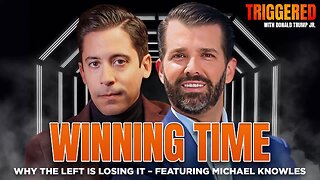 1:06:40
1:06:40
Donald Trump Jr.
13 hours agoThe Left is Taking one L After Another, Live with Michael Knowles | Triggered Ep. 217
175K113 -
 47:17
47:17
Kimberly Guilfoyle
13 hours agoWoke Gets DOGE’d, Live with AJ Rice & Jarrett Stepman | Ep. 197
129K43
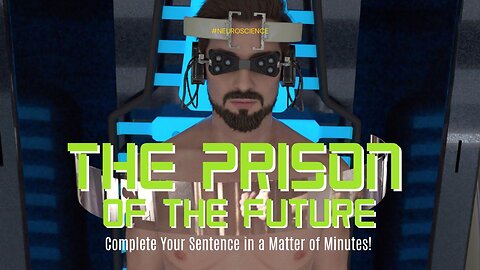
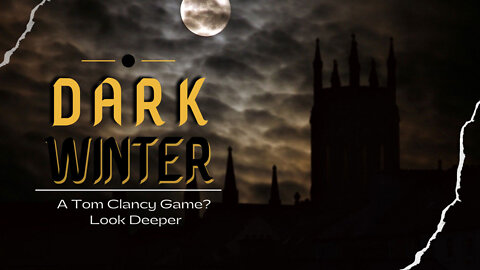
![ADRENOCHROME: [a forbidden psychedelic experience possessing the promise of immortality]](https://1a-1791.com/video/s8/1/9/Q/f/i/9Qfie.oq1b.2-small-ADRENOCHROME-a-forbidden-ps.jpg)

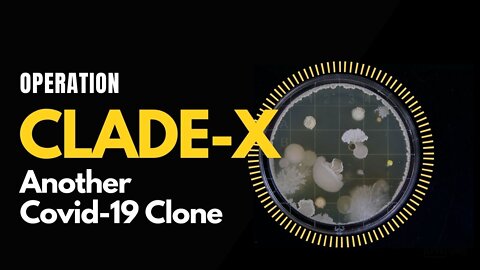





![Animal Farm by George Orwell [1954]](https://1a-1791.com/video/s8/1/u/a/V/M/uaVMg.oq1b.2-small-Animal-Farm-by-George-Orwel.jpg)